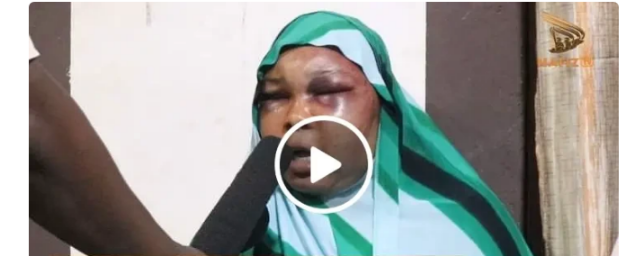Renowned Ethnobotanist Renews Call for Odum to Be Declared Ghana’s National Plant

A decade after first making the appeal, Professor Daniel Abbiw, one of Ghana’s most respected ethnobotanists and an acclaimed author, has once again renewed his call for Odum (Milicia excelsa), internationally known as Iroko, to be formally recognized as Ghana’s National Plant.

Prof. Abbiw, the author of Useful Plants of Ghana and Traditional and Religious Plants of West Africa, has championed the proposal since 2015. Over the years, he has submitted letters and detailed documentation to three successive governments. Yet, he laments that his request has not been met with any official response from authorities, including the Office of the President, the Chief of Staff, Parliament, and the Ministry of Lands and Natural Resources.
In making his renewed case, the ethnobotanist described Odum as a tree that not only built Ghana in a literal sense but also continues to embody the nation’s values and aspirations. He pointed out that Odum timber was historically used to construct rest houses, guest houses, and family homes across the country, earning a place at the heart of Ghana’s architectural heritage. Its reputation as one of the most durable and fire-resistant hardwoods also made it an economic asset of immense value, though its export has since been banned to ensure local availability.
Beyond its economic and historical significance, Prof. Abbiw emphasized the ecological role of Odum. The tree, he explained, supports biodiversity, contributes to carbon capture, and aids in soil conservation — functions that are critical to modern environmental sustainability. He further noted that the tree holds deep cultural symbolism, representing resilience, reliability, and refuge, values that resonate strongly with Ghana’s collective identity. In addition, Odum has long been used in traditional medicine across West Africa, providing remedies for a variety of ailments.

“If Britain can recognize the English oak as its national tree for historical reasons, Ghana has even greater cause to elevate Odum — a tree that literally built our communities and continues to serve our people,” Prof. Abbiw argued, stressing that the recognition is long overdue.
The ethnobotanist also underscored what he views as a glaring gap in Ghana’s national symbols. The country proudly upholds a national flag, a national anthem, and even a national dance, but it has yet to adopt an official national plant. To him, this omission reflects a lack of attention to an important aspect of Ghana’s identity and heritage.
Looking beyond Ghana, Prof. Abbiw has also proposed a continental initiative where all 55 African countries would identify their own national plants. These, he suggested, could be displayed on a “Botanical Map of Africa” alongside each country’s independence date, currency, natural resources, and population. Such a project, he said, would not only enhance cultural pride across the continent but also position Ghana as a leader in promoting botanical heritage and conservation.
Despite his years of advocacy, Prof. Abbiw admitted that the silence from the country’s leadership has been discouraging. He described it as disheartening that a proposal with both cultural and environmental significance has been overlooked for so long, especially when compared to the honor given to individuals who created Ghana’s existing national symbols.
Nevertheless, he remains resolute in his campaign. He is once again calling on the President, Parliament, and the Ministry of Lands and Natural Resources to act without delay to formally recognize Odum as Ghana’s National Plant.

“The time to act is now,” he stressed. “We must recognize and enshrine Odum as Ghana’s National Plant, not only as a symbol of pride but as a reminder of our roots, our resources, and our respect for tradition. Let us not allow another decade to pass without this overdue recognition.”





